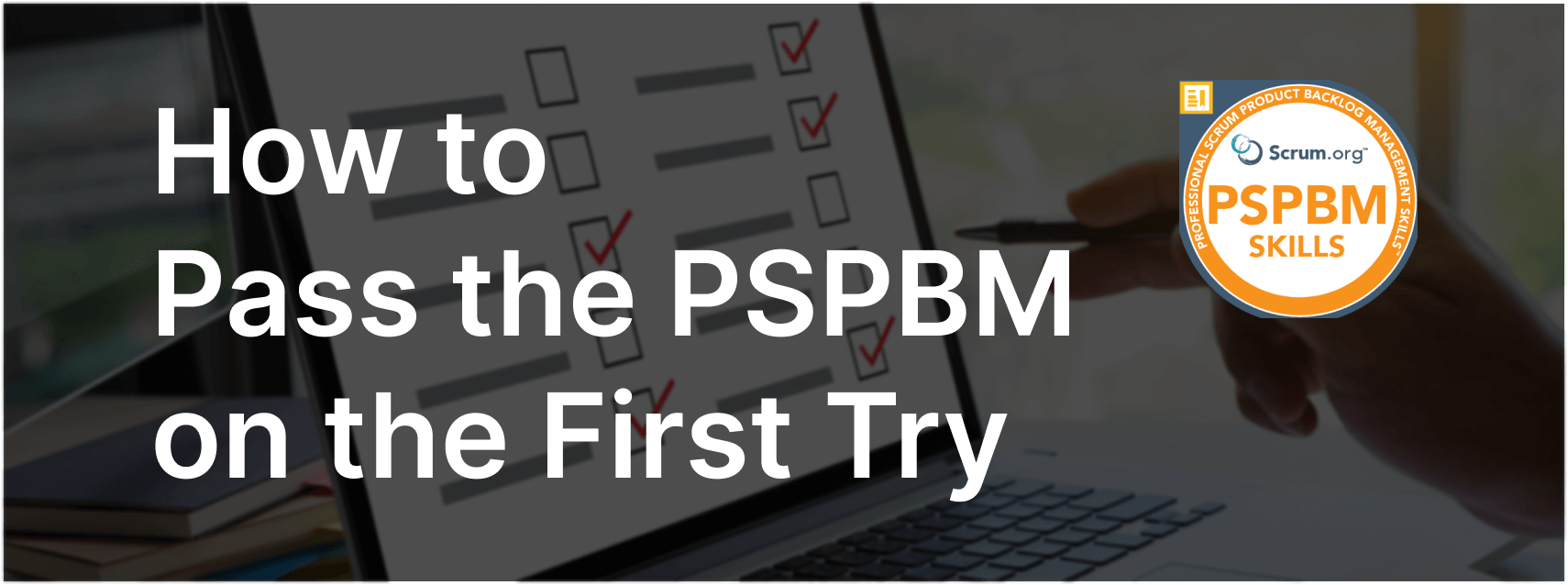Evaluating Stakeholders in Product Backlog Management
Evaluating stakeholders and determining their level of engagement is a critical practice in Product Backlog management. This ensures the Product Backlog remains relevant, prioritized correctly, and aligned with the needs and expectations of those invested in the product’s success.
Exam Question
Which of the following is NOT a reason you should frequently evaluate who your stakeholders are and what level you should engage with them?
(choose the best answer)
A. Frequent engagement with stakeholders fosters transparency.
B. Frequent stakeholder meetings are needed to keep the Product Backlog full.
C. The stakeholders obtaining value from the product may change over time.
D. Stakeholders hold valuable insights.
Correct Answer
B. Frequent stakeholder meetings are needed to keep the Product Backlog full.
Explanation
Correct Answer
B. Frequent stakeholder meetings are needed to keep the Product Backlog full:
While frequent stakeholder meetings are beneficial, their primary purpose is not to keep the Product Backlog full. The main goal of engaging stakeholders is to gather valuable feedback, ensure alignment with the product vision, and adapt to changing needs and priorities.
Why the Other Options Are Relevant
A. Frequent engagement with stakeholders fosters transparency:
Regular engagement with stakeholders ensures that all parties are aware of the progress, challenges, and changes. This transparency helps build trust and allows for more informed decision-making.
C. The stakeholders obtaining value from the product may change over time:
Stakeholders’ roles and their value from the product can evolve. Regularly evaluating and adjusting engagement levels ensures that the right stakeholders are involved at the right time.
D. Stakeholders hold valuable insights:
Stakeholders provide critical feedback and insights that can guide the development process, help identify opportunities, and ensure the product meets market needs.
Relevance to the PSPBM Skills Exam
Understanding the importance of stakeholder management and the reasons for frequent evaluation is crucial for the PSPBM Skills exam. This knowledge ensures that the Product Owner can effectively prioritize the Product Backlog and align it with stakeholder needs and organizational goals.
Key Takeaways
- Regular stakeholder engagement fosters transparency and builds trust.
- Stakeholders’ roles and their perceived value from the product can change over time.
- Stakeholders provide essential insights that help in prioritizing and refining the Product Backlog.
- The primary goal of stakeholder engagement is not to keep the Product Backlog full but to ensure it is relevant and aligned with stakeholder needs.
Conclusion
Regularly evaluating and engaging stakeholders is essential for maintaining a relevant and prioritized Product Backlog. This practice aligns with the principles of Agile and Scrum, ensuring that the product development process remains transparent, adaptive, and focused on delivering value. For more information on preparing for the PSPBM Skills exam, visit our Professional Scrum Product Backlog Management Skills PSPBM™ Exam Prep.



